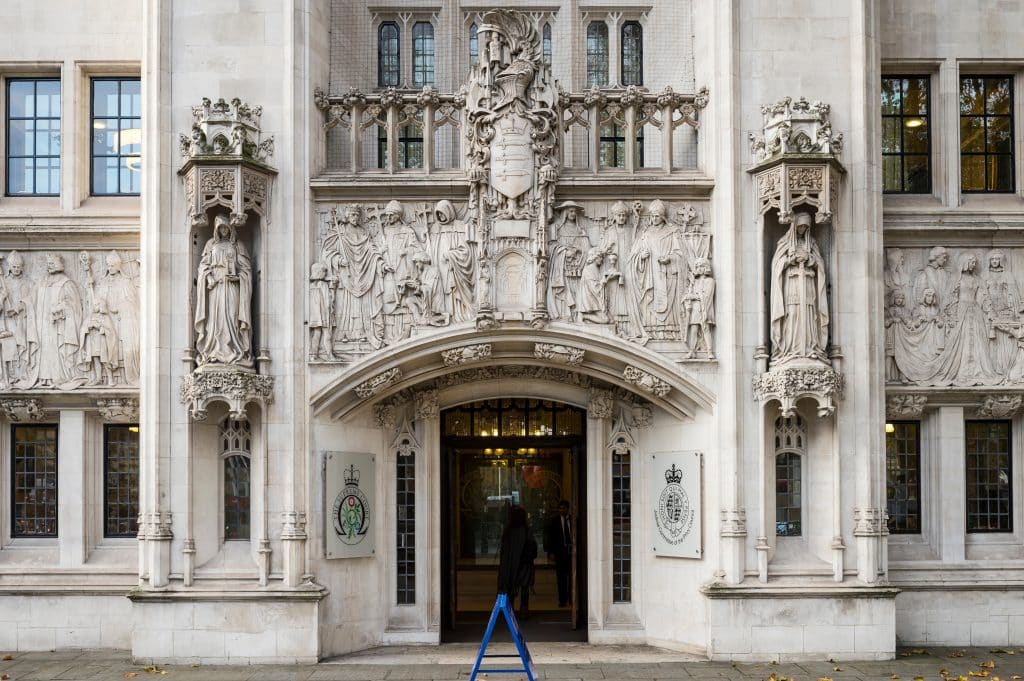The High Court’s decision in Oliver v Oliver [2024] EWHC 2289 (Ch) represents a relatively rare instance where a court has found both that a testator lacked capacity to make a will and that the will was procured by undue influence, demonstrating how family dynamics can create incapacitating delusions.
This significant judgment provides important guidance on how courts approach cases where multiple grounds for challenging a will may overlap, and highlights the particular vulnerabilities that can arise in complex family situations.
The Significance of Double Findings
While it is not uncommon for will disputes to be pleaded on multiple grounds, it is relatively rare for courts to find both lack of testamentary capacity and undue influence proven in the same case. This dual finding in Oliver v Oliver makes the judgment particularly noteworthy for contentious probate practitioners and families involved in inheritance disputes.
The case illustrates how certain family dynamics can create a situation where a testator’s capacity is undermined by the very relationships and pressures that also constitute undue influence.
Understanding the Legal Grounds
Testamentary Capacity
Under the long-established test from Banks v Goodfellow [1870], a testator must:
- Understand the nature and effect of making a will
- Comprehend the extent of their property
- Appreciate the claims of potential beneficiaries
- Be free from delusions that would influence their dispositions
Undue Influence
Following the Court of Appeal’s guidance in Rea v Rea [2024] EWCA Civ 169, undue influence requires proof of coercion that overpowers the testator’s own volition and judgment, not mere persuasion or pressure.
Family Dynamics and Incapacitating Delusions
One of the most significant aspects of Oliver v Oliver is how it demonstrates that family dynamics can create what the court described as “incapacitating delusions” – false beliefs about family members that can both undermine capacity and provide evidence of undue influence.
The case shows how complex family relationships, particularly where there are disputes, estrangements, or competing influences, can create a situation where:
- The testator develops false or exaggerated beliefs about family members
- These delusions affect their ability to make rational decisions about their will
- The same family pressures that create the delusions also constitute improper influence
The Intersection of Capacity and Influence
Oliver v Oliver illustrates an important principle: the line between lack of capacity and undue influence can sometimes blur, particularly where:
Vulnerable Testators
Testators who are already vulnerable due to age, illness, or isolation may be more susceptible to both capacity issues and improper influence.
Family Conflicts
Ongoing family disputes can create stress and confusion that affects both the testator’s decision-making ability and their susceptibility to pressure from different family members.
Professional Involvement
Even where legal professionals are involved in will preparation, this does not automatically prevent findings of both incapacity and undue influence if the underlying problems are sufficiently serious.
Practical Implications for Legal Practice
The Oliver v Oliver decision has several important implications for legal practitioners:
Comprehensive Assessment
Solicitors preparing wills for elderly or vulnerable clients should consider not just obvious capacity issues, but also the family dynamics and potential for undue influence.
Documentation
Careful documentation of the testator’s understanding, family relationships, and any concerns about pressure or influence becomes even more critical in complex family situations.
Independent Advice
Ensuring that vulnerable testators receive truly independent advice, away from potentially influential family members, is essential.
Implications for Will Challenges
For those considering challenging a will on grounds of either capacity or undue influence, Oliver v Oliver demonstrates that:
Multiple Grounds Can Succeed
It may be appropriate to plead alternative grounds, as circumstances that undermine capacity may also constitute undue influence.
Family Evidence Is Crucial
Evidence about family relationships, disputes, and dynamics can be relevant to both capacity and influence arguments.
Professional Involvement Is Not Determinative
The involvement of professional advisers does not prevent successful challenges if the underlying problems are sufficiently serious.
Comparison with Recent Case Law
Oliver v Oliver can be contrasted with other recent decisions:
Unlike Rea v Rea, where the Court of Appeal overturned a finding of undue influence, Oliver v Oliver shows that in appropriate cases with sufficient evidence, both capacity and influence challenges can succeed.
The case also differs from capacity-only decisions like Leonard v Leonard, demonstrating that family pressure can be both a symptom of incapacity and evidence of improper influence.
Warning Signs for Families
Oliver v Oliver highlights several warning signs that families should be aware of:
- Significant changes in the testator’s attitude towards family members
- Isolation of the testator from some family members
- Ongoing family conflicts affecting the testator
- Unusual or unexpected will provisions
- Evidence of pressure or coercion
- Signs of confusion or false beliefs about family relationships
Seeking Legal Advice
If you are concerned about a will where there may be questions about both capacity and undue influence, it is essential to seek specialist legal advice promptly. Consider seeking advice if:
- The testator was elderly or vulnerable when the will was made
- There were ongoing family disputes at the time
- The will makes unexpected or unusual provisions
- There are concerns about pressure or coercion
- The testator appeared to have false beliefs about family members
- Some family members were excluded from the will-making process
Conclusion
Oliver v Oliver represents an important and relatively rare decision where a court has found both lack of testamentary capacity and undue influence. The case demonstrates how complex family dynamics can create situations where these usually distinct legal concepts overlap.
For families and legal practitioners, the decision highlights the importance of careful assessment of both capacity and family pressures when elderly or vulnerable testators are making wills, particularly in situations involving family conflict or dispute.
The case serves as a reminder that protecting vulnerable testators requires consideration of both their cognitive abilities and the family environment in which they are making their final wishes known.
If you have concerns about a will involving potential issues of capacity or undue influence, our specialist contentious probate team can provide expert guidance. We offer free initial consultations to assess your situation and explain your options. Call us on 0161 515 7329 or visit https://www.fiftysixlaw.co.uk/contact/ to leave your details and arrange a consultation.




